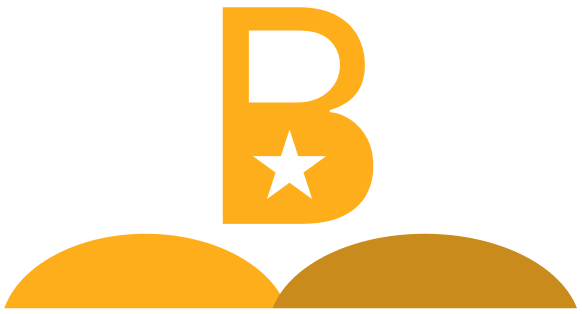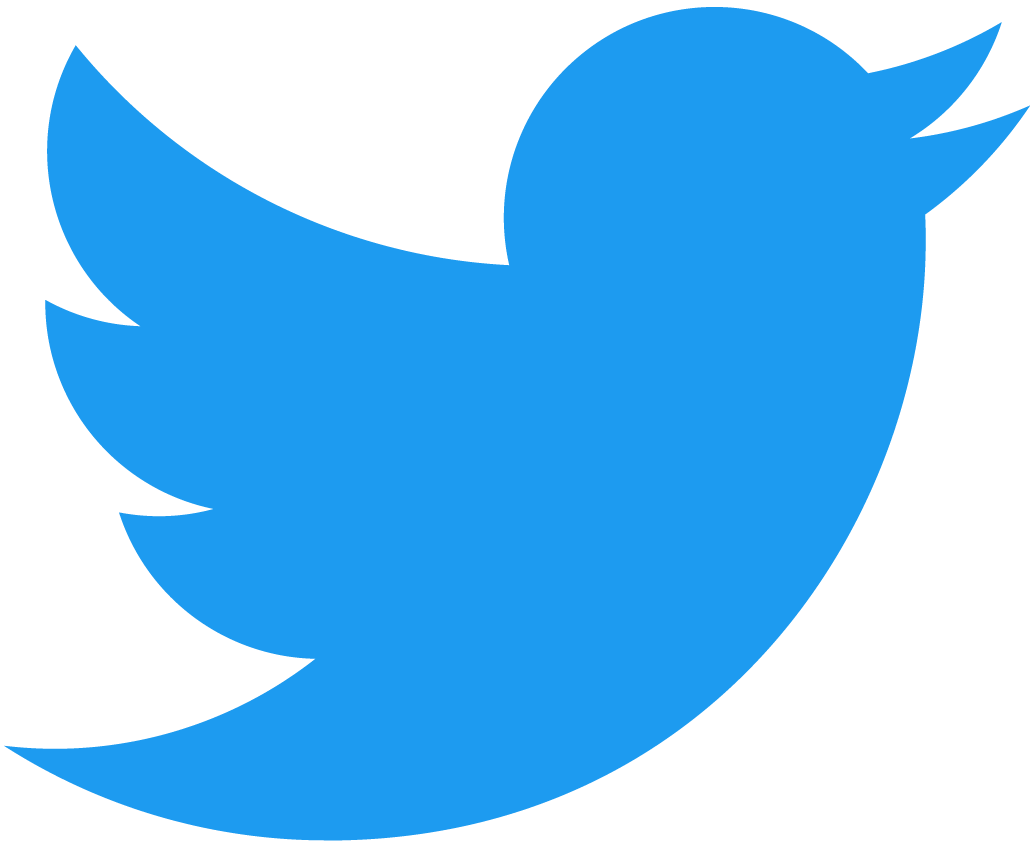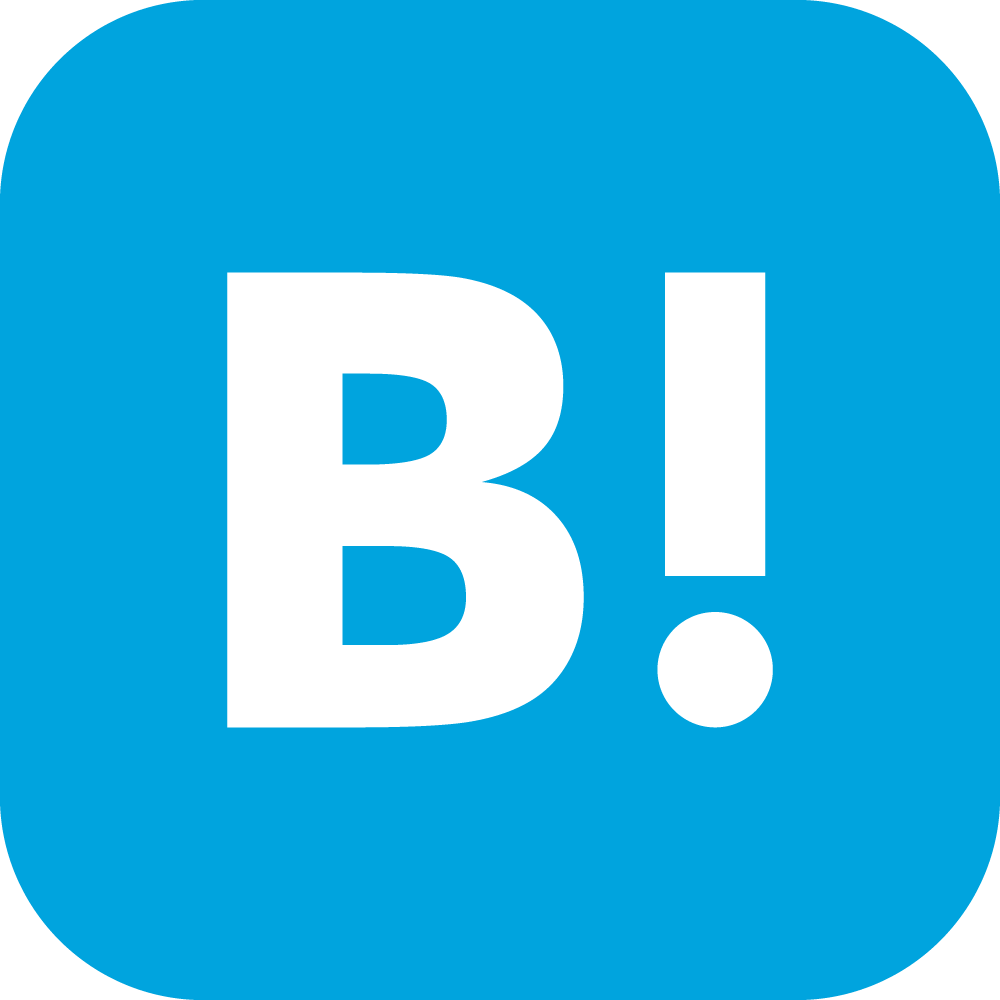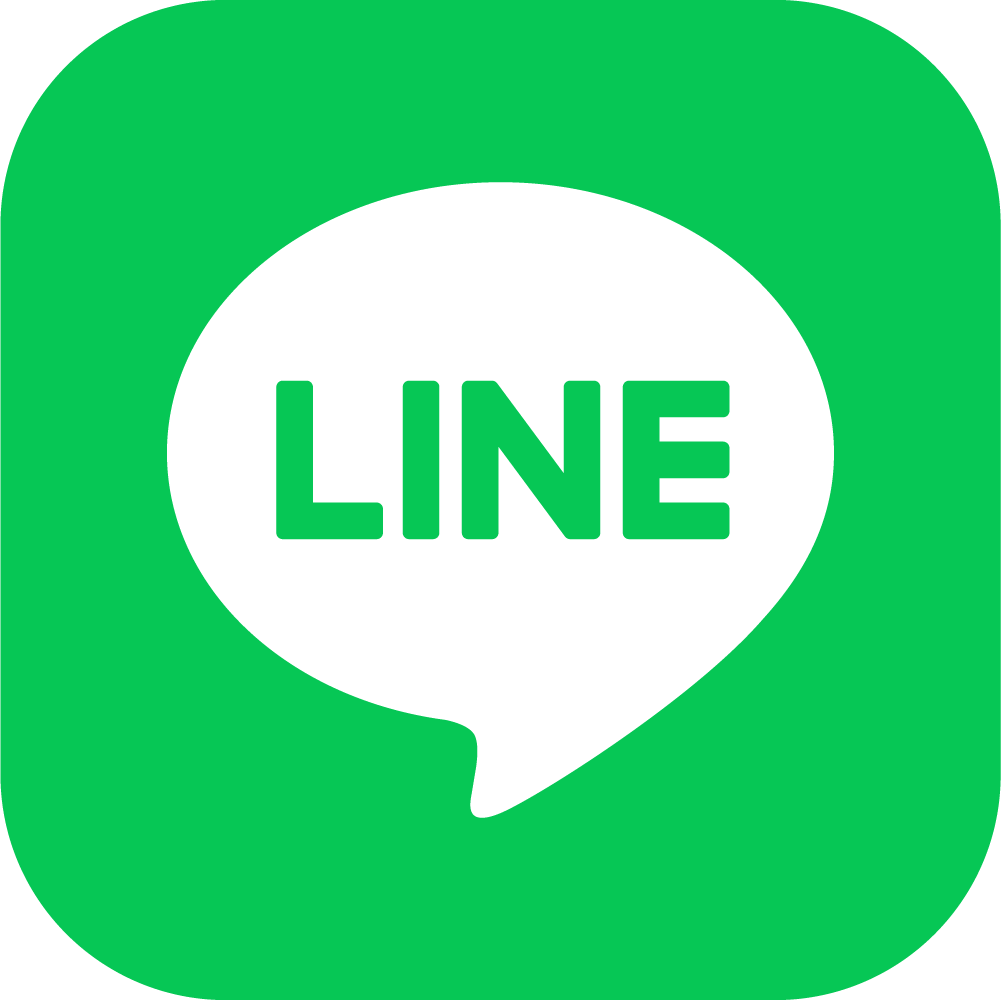10 Best Learning Method Books to Deepen Your Learning
Hey there! You're probably someone who understands that constant learning is a vital ingredient to personal growth, success, and satisfaction in life. Hats off to you, my friend! You see, sticking to traditional ways of learning can sometimes make the process mundane and ineffective. That's why we've put together a list of some stellar books we believe can completely transform your learning process for the better; giving you that extra edge and making the journey more engaging.
These books do more than just drip-feed you information. They're like your wise, patient mentors, gradually steering you onto the path of developing a more profound and holistic understanding of various subjects. Expect them to challenge your current methods, present you with innovative and efficient learning techniques, and above all, show you how to extract the most from your learning experience.
We aren't saying it's going to turn learning into a piece of cake overnight. Instead, they'll arm you with the tools to make it interesting, achievable, and 100% personalized. So, whether you're a student wanting to smash those grades, a professional keen to continuously evolve, or simply someone who has a passion for lifelong learning, these books can be invaluable resources. Don't just read for the sake of reading; learn to learn better!
『Thinking, Fast and Slow』
*Major New York Times Bestseller *More than 2.6 million copies sold *One of The New York Times Book Review's ten best books of the year *Selected by The Wall Street Journal as one of the best nonfiction books of the year *Presidential Medal of Freedom Recipient *Daniel Kahneman's work with Amos Tversky is the subject of Michael Lewis's best-selling The Undoing Project: A Friendship That Changed Our Minds In his mega bestseller, Thinking, Fast and Slow, Daniel Kahneman, world-famous psychologist and winner of the Nobel Prize in Economics, takes us on a groundbreaking tour of the mind and explains the two systems that drive the way we think. System 1 is fast, intuitive, and emotional; System 2 is slower, more deliberative, and more logical. The impact of overconfidence on corporate strategies, the difficulties of predicting what will make us happy in the future, the profound effect of cognitive biases on everything from playing the stock market to planning our next vacation—each of these can be understood only by knowing how the two systems shape our judgments and decisions. Engaging the reader in a lively conversation about how we think, Kahneman reveals where we can and cannot trust our intuitions and how we can tap into the benefits of slow thinking. He offers practical and enlightening insights into how choices are made in both our business and our personal lives—and how we can use different techniques to guard against the mental glitches that often get us into trouble. Topping bestseller lists for almost ten years, Thinking, Fast and Slow is a contemporary classic, an essential book that has changed the lives of millions of readers.
| Author | Daniel Kahneman |
|---|---|
| Price | $12.99 |
| Publisher | Farrar, Straus and Giroux |
| Release Date | Oct 25, 2011 |
| Source | Google Books |
『Think Again』
The #1 New York Times bestselling author of Give and Take and Originals examines the critical art of rethinking: learning to question your opinions and open other people's minds, which can position you for excellence at work and wisdom in life Intelligence is usually seen as the ability to think and learn, but in a rapidly changing world, there's another set of cognitive skills that might matter more: the ability to rethink and unlearn. With bold ideas and rigorous evidence, Adam Grant investigates how we can embrace the joy of being wrong, harness the advantages of impostor syndrome, bring nuance into charged conversations, and build schools, workplaces, and communities of lifelong learners. Think Again reveals that we don't have to believe all our thoughts or internalize all our emotions. It's an invitation to let go of views that are no longer serving us well and prize mental flexibility, humility, and curiosity over consistency.
| Author | Adam Grant |
|---|---|
| Price | unknown |
| Publisher | Penguin |
| Release Date | Dec 26, 2023 |
| Source | Google Books |
『Mindset』
From the renowned psychologist who introduced the world to “growth mindset” comes this updated edition of the million-copy bestseller—featuring transformative insights into redefining success, building lifelong resilience, and supercharging self-improvement. “Through clever research studies and engaging writing, Dweck illuminates how our beliefs about our capabilities exert tremendous influence on how we learn and which paths we take in life.”—Bill Gates, GatesNotes “It’s not always the people who start out the smartest who end up the smartest.” After decades of research, world-renowned Stanford University psychologist Carol S. Dweck, Ph.D., discovered a simple but groundbreaking idea: the power of mindset. In this brilliant book, she shows how success in school, work, sports, the arts, and almost every area of human endeavor can be dramatically influenced by how we think about our talents and abilities. People with a fixed mindset—those who believe that abilities are fixed—are less likely to flourish than those with a growth mindset—those who believe that abilities can be developed. Mindset reveals how great parents, teachers, managers, and athletes can put this idea to use to foster outstanding accomplishment. In this edition, Dweck offers new insights into her now famous and broadly embraced concept. She introduces a phenomenon she calls false growth mindset and guides people toward adopting a deeper, truer growth mindset. She also expands the mindset concept beyond the individual, applying it to the cultures of groups and organizations. With the right mindset, you can motivate those you lead, teach, and love—to transform their lives and your own.
| Author | Carol S. Dweck |
|---|---|
| Price | unknown |
| Publisher | Ballantine Books |
| Release Date | Dec 26, 2007 |
| Source | Google Books |
『Make It Stick』
To most of us, learning something "the hard way" implies wasted time and effort. Good teaching, we believe, should be creatively tailored to the different learning styles of students and should use strategies that make learning easier. Make It Stick turns fashionable ideas like these on their head. Drawing on recent discoveries in cognitive psychology and other disciplines, the authors offer concrete techniques for becoming more productive learners. Memory plays a central role in our ability to carry out complex cognitive tasks, such as applying knowledge to problems never before encountered and drawing inferences from facts already known. New insights into how memory is encoded, consolidated, and later retrieved have led to a better understanding of how we learn. Grappling with the impediments that make learning challenging leads both to more complex mastery and better retention of what was learned. Many common study habits and practice routines turn out to be counterproductive. Underlining and highlighting, rereading, cramming, and single-minded repetition of new skills create the illusion of mastery, but gains fade quickly. More complex and durable learning come from self-testing, introducing certain difficulties in practice, waiting to re-study new material until a little forgetting has set in, and interleaving the practice of one skill or topic with another. Speaking most urgently to students, teachers, trainers, and athletes, Make It Stick will appeal to all those interested in the challenge of lifelong learning and self-improvement.
| Author | Peter C. Brown/Henry L. Roediger III/Mark A. McDaniel |
|---|---|
| Price | unknown |
| Publisher | Harvard University Press |
| Release Date | Apr 14, 2014 |
| Source | Google Books |
『Ultralearning』
Now a Wall Street Journal bestseller. Learn a new talent, stay relevant, reinvent yourself, and adapt to whatever the workplace throws your way. Ultralearning offers nine principles to master hard skills quickly. This is the essential guide to future-proof your career and maximize your competitive advantage through self-education. In these tumultuous times of economic and technological change, staying ahead depends on continual self-education—a lifelong mastery of fresh ideas, subjects, and skills. If you want to accomplish more and stand apart from everyone else, you need to become an ultralearner. The challenge of learning new skills is that you think you already know how best to learn, as you did as a student, so you rerun old routines and old ways of solving problems. To counter that, Ultralearning offers powerful strategies to break you out of those mental ruts and introduces new training methods to help you push through to higher levels of retention. Scott H. Young incorporates the latest research about the most effective learning methods and the stories of other ultralearners like himself—among them Benjamin Franklin, chess grandmaster Judit Polgár, and Nobel laureate physicist Richard Feynman, as well as a host of others, such as little-known modern polymath Nigel Richards, who won the French World Scrabble Championship—without knowing French. Young documents the methods he and others have used to acquire knowledge and shows that, far from being an obscure skill limited to aggressive autodidacts, ultralearning is a powerful tool anyone can use to improve their career, studies, and life. Ultralearning explores this fascinating subculture, shares a proven framework for a successful ultralearning project, and offers insights into how you can organize and exe - cute a plan to learn anything deeply and quickly, without teachers or budget-busting tuition costs. Whether the goal is to be fluent in a language (or ten languages), earn the equivalent of a college degree in a fraction of the time, or master multiple tools to build a product or business from the ground up, the principles in Ultralearning will guide you to success.
| Author | Scott H. Young |
|---|---|
| Price | $13.49 |
| Publisher | HarperCollins |
| Release Date | Aug 06, 2019 |
| Source | Google Books |
『Educated』
#1 NEW YORK TIMES, WALL STREET JOURNAL, AND BOSTON GLOBE BESTSELLER • One of the most acclaimed books of our time: an unforgettable memoir about a young woman who, kept out of school, leaves her survivalist family and goes on to earn a PhD from Cambridge University “Extraordinary . . . an act of courage and self-invention.”—The New York Times NAMED ONE OF THE TEN BEST BOOKS OF THE YEAR BY THE NEW YORK TIMES BOOK REVIEW • ONE OF PRESIDENT BARACK OBAMA’S FAVORITE BOOKS OF THE YEAR • BILL GATES’S HOLIDAY READING LIST • FINALIST: National Book Critics Circle’s Award In Autobiography and John Leonard Prize For Best First Book • PEN/Jean Stein Book Award • Los Angeles Times Book Prize Born to survivalists in the mountains of Idaho, Tara Westover was seventeen the first time she set foot in a classroom. Her family was so isolated from mainstream society that there was no one to ensure the children received an education, and no one to intervene when one of Tara’s older brothers became violent. When another brother got himself into college, Tara decided to try a new kind of life. Her quest for knowledge transformed her, taking her over oceans and across continents, to Harvard and to Cambridge University. Only then would she wonder if she’d traveled too far, if there was still a way home. “Beautiful and propulsive . . . Despite the singularity of [Westover’s] childhood, the questions her book poses are universal: How much of ourselves should we give to those we love? And how much must we betray them to grow up?”—Vogue ONE OF THE BEST BOOKS OF THE YEAR: The Washington Post, O: The Oprah Magazine, Time, NPR, Good Morning America, San Francisco Chronicle, The Guardian, The Economist, Financial Times, Newsday, New York Post, theSkimm, Refinery29, Bloomberg, Self, Real Simple, Town & Country, Bustle, Paste, Publishers Weekly, Library Journal, LibraryReads, Book Riot, Pamela Paul, KQED, New York Public Library
| Author | Tara Westover |
|---|---|
| Price | $8.99 |
| Publisher | Random House |
| Release Date | Feb 20, 2018 |
| Source | Google Books |
『The Productivity Project』
A fresh, personal, and entertaining exploration of a topic that concerns all of us: how to be more productive at work and in every facet of our lives. Chris Bailey turned down lucrative job offers to pursue a lifelong dream—to spend a year performing a deep dive experiment into the pursuit of productivity, a subject he had been enamored with since he was a teenager. After obtaining his business degree, he created a blog to chronicle a year-long series of productivity experiments he conducted on himself, where he also continued his research and interviews with some of the world’s foremost experts, from Charles Duhigg to David Allen. Among the experiments that he tackled: Bailey went several weeks with getting by on little to no sleep; he cut out caffeine and sugar; he lived in total isolation for 10 days; he used his smartphone for just an hour a day for three months; he gained ten pounds of muscle mass; he stretched his work week to 90 hours; a late riser, he got up at 5:30 every morning for three months—all the while monitoring the impact of his experiments on the quality and quantity of his work. The Productivity Project—and the lessons Chris learned—are the result of that year-long journey. Among the counterintuitive insights Chris Bailey will teach you: · slowing down to work more deliberately; · shrinking or eliminating the unimportant; · the rule of three; · striving for imperfection; · scheduling less time for important tasks; · the 20 second rule to distract yourself from the inevitable distractions; · and the concept of productive procrastination. In an eye-opening and thoroughly engaging read, Bailey offers a treasure trove of insights and over 25 best practices that will help you accomplish more.
| Author | Chris Bailey |
|---|---|
| Price | $13.99 |
| Publisher | Crown Currency |
| Release Date | Jan 05, 2016 |
| Source | Google Books |
『How Humans Learn』
Even on good days, teaching is a challenging profession. One way to make the job of college instructors easier, however, is to know more about the ways students learn. How Humans Learn aims to do just that by peering behind the curtain and surveying research in fields as diverse as developmental psychology, anthropology, and cognitive neuroscience for insight into the science behind learning. The result is a story that ranges from investigations of the evolutionary record to studies of infants discovering the world for the first time, and from a look into how our brains respond to fear to a reckoning with the importance of gestures and language. Joshua R. Eyler identifies five broad themes running through recent scientific inquiry--curiosity, sociality, emotion, authenticity, and failure--devoting a chapter to each and providing practical takeaways for busy teachers. He also interviews and observes college instructors across the country, placing theoretical insight in dialogue with classroom experience.
| Author | Joshua Eyler |
|---|---|
| Price | unknown |
| Publisher | Teaching and Learning in Highe |
| Release Date | Jan 01, 2018 |
| Source | Google Books |
『Peak』
“This book is a breakthrough, a lyrical, powerful, science-based narrative that actually shows us how to get better (much better) at the things we care about.”—Seth Godin, author of Linchpin “Anyone who wants to get better at anything should read [Peak]. Rest assured that the book is not mere theory. Ericsson’s research focuses on the real world, and he explains in detail, with examples, how all of us can apply the principles of great performance in our work or in any other part of our lives.”—Fortune Anders Ericsson has made a career studying chess champions, violin virtuosos, star athletes, and memory mavens. Peak distills three decades of myth-shattering research into a powerful learning strategy that is fundamentally different from the way people traditionally think about acquiring new abilities. Whether you want to stand out at work, improve your athletic or musical performance, or help your child achieve academic goals, Ericsson’s revolutionary methods will show you how to improve at almost any skill that matters to you. “The science of excellence can be divided into two eras: before Ericsson and after Ericsson. His groundbreaking work, captured in this brilliantly useful book, provides us with a blueprint for achieving the most important and life-changing work possible: to become a little bit better each day.”—Dan Coyle, author of The Talent Code “Ericsson’s research has revolutionized how we think about human achievement. If everyone would take the lessons of this book to heart, it could truly change the world.”—Joshua Foer, author of Moonwalking with Einstein
| Author | Anders Ericsson/Robert Pool |
|---|---|
| Price | $7.99 |
| Publisher | HarperCollins |
| Release Date | Apr 05, 2016 |
| Source | Google Books |
『How We Learn』
In the tradition of The Power of Habit and Thinking, Fast and Slow comes a practical, playful, and endlessly fascinating guide to what we really know about learning and memory today—and how we can apply it to our own lives. From an early age, it is drilled into our heads: Restlessness, distraction, and ignorance are the enemies of success. We’re told that learning is all self-discipline, that we must confine ourselves to designated study areas, turn off the music, and maintain a strict ritual if we want to ace that test, memorize that presentation, or nail that piano recital. But what if almost everything we were told about learning is wrong? And what if there was a way to achieve more with less effort? In How We Learn, award-winning science reporter Benedict Carey sifts through decades of education research and landmark studies to uncover the truth about how our brains absorb and retain information. What he discovers is that, from the moment we are born, we are all learning quickly, efficiently, and automatically; but in our zeal to systematize the process we have ignored valuable, naturally enjoyable learning tools like forgetting, sleeping, and daydreaming. Is a dedicated desk in a quiet room really the best way to study? Can altering your routine improve your recall? Are there times when distraction is good? Is repetition necessary? Carey’s search for answers to these questions yields a wealth of strategies that make learning more a part of our everyday lives—and less of a chore. By road testing many of the counterintuitive techniques described in this book, Carey shows how we can flex the neural muscles that make deep learning possible. Along the way he reveals why teachers should give final exams on the first day of class, why it’s wise to interleave subjects and concepts when learning any new skill, and when it’s smarter to stay up late prepping for that presentation than to rise early for one last cram session. And if this requires some suspension of disbelief, that’s because the research defies what we’ve been told, throughout our lives, about how best to learn. The brain is not like a muscle, at least not in any straightforward sense. It is something else altogether, sensitive to mood, to timing, to circadian rhythms, as well as to location and environment. It doesn’t take orders well, to put it mildly. If the brain is a learning machine, then it is an eccentric one. In How We Learn, Benedict Carey shows us how to exploit its quirks to our advantage.
| Author | Benedict Carey |
|---|---|
| Price | unknown |
| Publisher | Random House Trade Paperbacks |
| Release Date | Jun 09, 2015 |
| Source | Google Books |
Well, that rounds up my top 10 suggestions! Some of these books might hit close to home while others may totally change your perspective on learning methods. Each one offers a unique insight into effective learning techniques, strategies and philosophies, all crafted by experts in the field. Just remember, there isn’t a one-size-fits-all approach to learning - what works for one, might not work for another. That's why I've aimed to include a diverse range of books to cater to different learning styles and preferences.
Maybe you're just starting out on your journey to understanding the intricacies of learning, or perhaps you've been on this road for a while and are simply looking to broaden your knowledge. No matter your situation, these books are packed with practical tips that you can start applying straight away. They'll open up new avenues of thought and challenge you to take up thrilling experiments in your learning journey. So, go on, pick up a book from this list and unlock a new level of understanding and appreciation for the ever-fascinating world of learning. Life itself is a continual learning process, after all. Enjoy the journey, folks.
The articles on this site are solely intended to create opportunities for encountering new books, and we do not guarantee the accuracy of the information. Therefore, we kindly ask that you thoroughly research the product information and details of each work on your own before making a purchase. We have no connection to the services provided by each e-commerce site, so please use them at your own responsibility.























